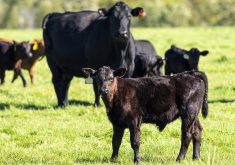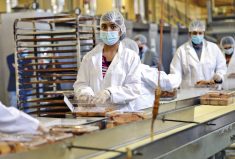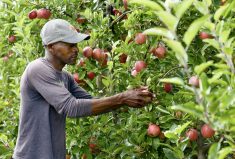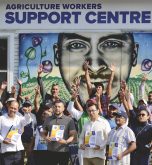Will growers who rely on the labour of Temporary Foreign Agricultural Workers (TFAWs) face yet another season of uncertainty due to COVID-19 housing and quarantine rules?
It certainly looked that way in mid-January when Dr. Shanker Nesathurai, the acting Medical Officer of Health (MOH) for Windsor-Essex County Health Unit (WECHU) issued a letter stating no more TFAWs could enter the region for three weeks.
His reasoning was a lack of sufficient space for workers testing positive for COVID-19 to safely isolate, telling the Windsor Star “the burden of COVID-19 among the migrant farm worker community at the current time exceeds the community resources to manage the appropriate and compassionate response.”
Read Also
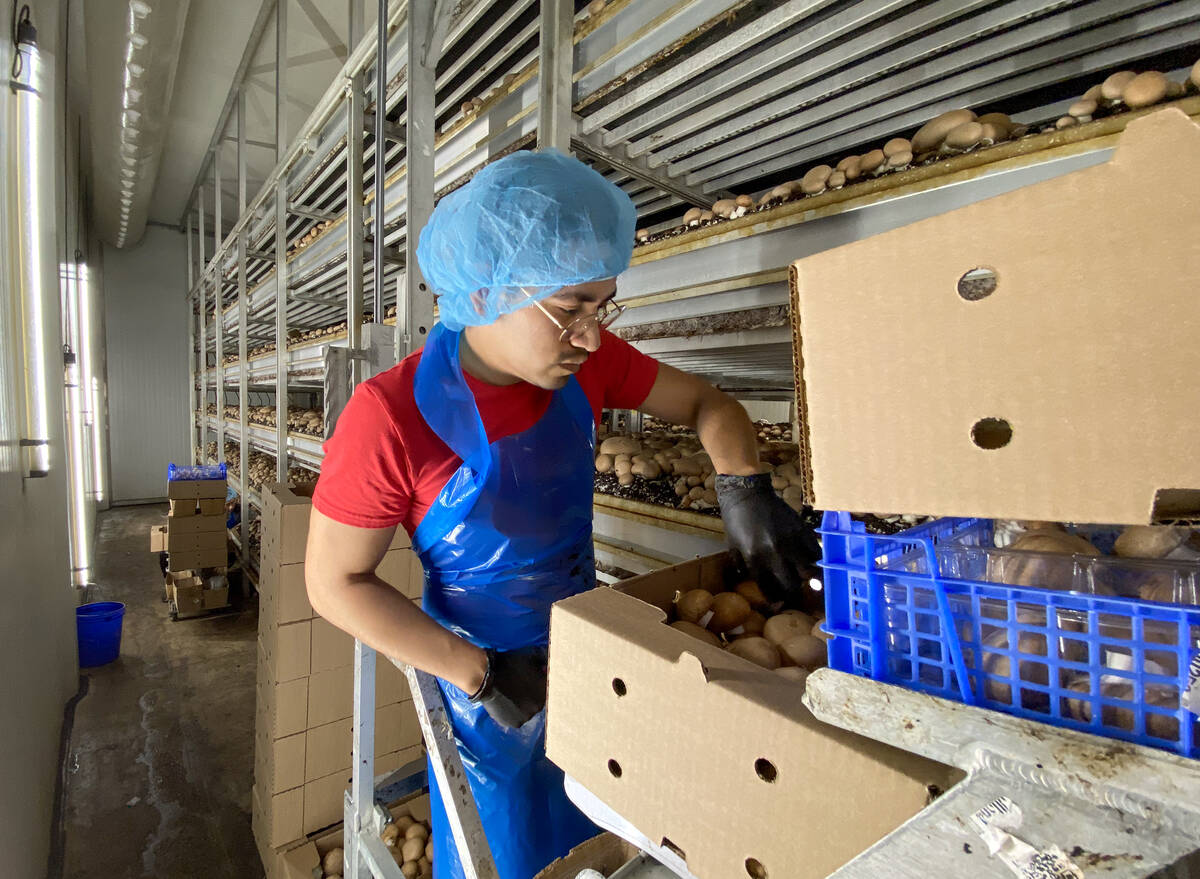
Ontario’s other economic engine: agriculture and food
Ontario Federation of Agriculture president, Drew Spoelstra, says Ontario’s agriculture and agri-food sector should be recognized for its stability and economic driving force.
A federally funded isolation and recovery unit, as well as overflow capacity at hotels in the region were full and could not accommodate workers needing to quarantine after testing positive before they could begin working in greenhouses in the area.
The reason these facilities were full was because TFAWs in the region were found to have a disproportionately higher number of positive COVID-19 cases than the general community. This was surprising given the high rate of vaccination amongst TFAWs and the federal government requirements for COVID-19 testing at the airport upon departure from their country and after arrival in Canada.
It turned out that the WECHU was visiting farms and greenhouses and testing workers, despite the fact that such testing was not required by members of the general community and the provincial government had requested that PCR testing only be made available to high-risk individuals due to lack of testing capacity in the province because of the surge in the Omicron variant.
Some feel that Nesathurai is targeting the TFAW population unfairly. The greenhouse industry in the region certainly did, and voiced their concerns. Nesathurai rescinded the order two days after issuing it.
Before joining the WECHU Nesathurai was the MOH for Haldimand and Norfolk, and made a name for himself there by enforcing the public health measures set out by the provincial and federal government with respect to TFAW housing and quarantine requirements to the point where growers were afraid they wouldn’t be able to plant or harvest their crops.
Whatever his reason, Nesathurai obviously feels strongly that the TFAW population is at risk for contracting COVID-19. Although over-zealous in his approach, he is doing what he feels needs to be done, regardless of the effect it will have on the agriculture industry.
He may also be doing what is needed since housing guidelines and COVID-19 protocols may not be met by all employers.
The Auditor General released a report in late December reviewing the health and safety of TFAWs in Canada during the pandemic, and it was far from positive. Essentially, little to no inspections of TFAW housing or COVID-19 protocols on farms was completed during the 2020 and 2021 growing seasons, mostly due to lack of training and knowledge of the inspectors. Most of the inspectors were recent hires or transfers to the ministry responsible for the inspections, Employment and Social Development Canada.
A representative with the United Food and Commercial Workers union confirmed this in an interview with the Globe and Mail, saying that “little has changed since the outset of the pandemic” and he gets “dozens” of complaints each week from TFAWs concerned about their living conditions.
We’re now two years into the pandemic, with a third growing season approaching quickly. The lack of meaningful progress by the federal government ensuring TFAW safety is shameful, and there is no excuse for it.
We’ve heard numerous times about the commitment from the federal government to develop a food policy for Canada, and providing Canadians with more access to healthy, affordable food. TFAWs are an integral component of this plan.
The government needs to move quickly and figure out how to effectively balance farm worker safety, without compromising agricultural production.



